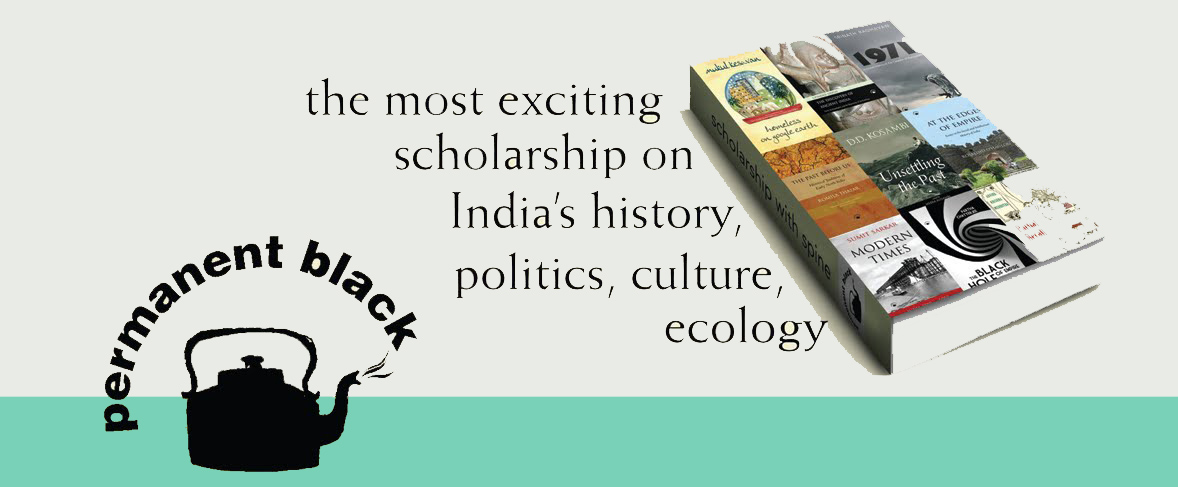Ads by MacVx Ad Options I am the author of Unifying Hinduism: Philosophy and Identity in Indian Intellectual History (Columbia University Press, 2010, and Permanent Black, 2011), a work that was extensively plagiarised in Rajiv Malhotra’s Indra’s Net. I had planned to stay silent, as I usually avoid comment on heated, politicised issues such as this. However, when Rajiv Malhotra described me as an “ally” of his on his Twitter feed, I knew that the time had come to speak out to clarify the differences between his views and my own. As upset as I am about his plagiarism of my work, I am even more upset about his distortions. One of the more puzzling aspects of this whole affair is that Malhotra praises my work effusively while vilifying the work of my mentor and dissertation supervisor, Sheldon Pollock. Pollock is literally the first pe
